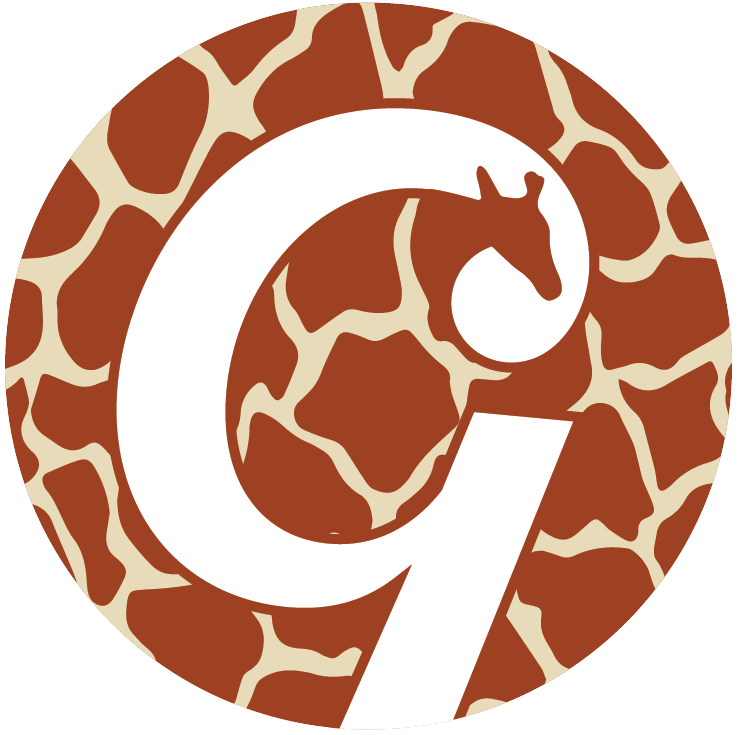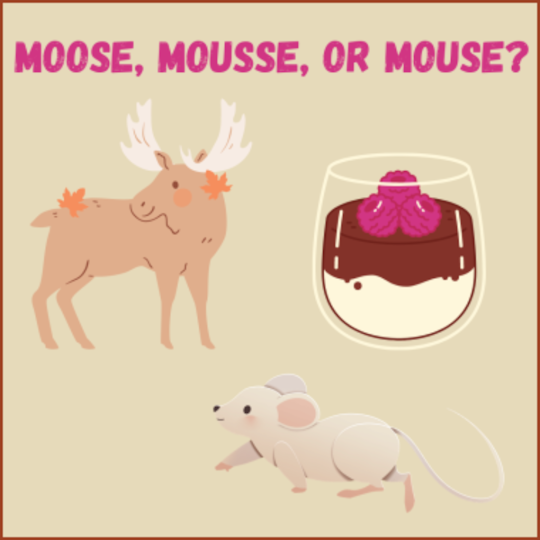Today’s specials are more words that may sound the same but are not to be confused in your writing, including Moose and Mousse, and Peace and Piece.
Contents:
Peace and Piece
Peace is the opposite of war. Maybe two countries were at war but have now made peace. Perhaps you’ve once had a fight or a falling out with your brother or a friend and you were asked to make peace with them.
A piece is a part of something that makes a whole when put together, e.g. a piece of land, a piece of wood, a piece of a puzzle. It can also refer to a portion, e.g. a piece of cheese, or a piece of pizza. A piece of cheese pizza? Mmmmm… You can also say ‘a piece of paper’, but that doesn’t really fit the above two definitions unless you’ve cut the paper up first. Hmm. I guess that one just is what it is.
Here’s where it gets messy… There are two phrases using these two words: Peace of mind, and Piece of mind.
The phrase peace of mind means the same thing as when your mind is at peace. You might get an RACV check on a car you’re intending to purchase, just for peace of mind.
Now, if you’re annoyed at someone and want to confront them about it, you might say something like “I’m going to give him a piece of my mind!” Think of this scenario as not being peaceful at all!
Let’s look at two incorrect examples:
- I think I’ll get a home inspection on the house, just for piece of mind.
- I noticed a scratch on my car last night after my brother borrowed it. Boy is he going to get a peace of my mind!

Plain and Plane
Although plain has a few meanings, they are all used in much the same manner. It basically refers to something being clear or easily understood and straightforward and free from ambiguity. It is important that documents intended for use by the general public are written in plain English, so they can be easily understood and don’t use any confusing terms or jargon.
- It’s plain to see that you lied to me
- Well that’s just plain silly
Plain can also mean ordinary with no frills. If you wanted plain ice cream, you would probably want vanilla ice cream with no sprinkles or flavoured toppings.
Lastly, a plain is a large area of flat land without any trees.
Now we move onto plane. As a noun, a plane is a short word for aeroplane. During the COVID-19 pandemic we’re currently in, we’ve probably forgotten what one of these looks like. Not to worry; I’ll see if I can find a picture.
As a verb, plane means to make smooth or level. In woodwork, there is a tool called a plane that does this.

Pour, Pore, Poor, and Paw
Wow. Four words that all sound exactly the same! I think the main two confusing ones here are Pour and Pore, so let’s look at those first.
Pour refers to something being poured – usually liquid. You need to pour petrol into your lawnmower before using it.
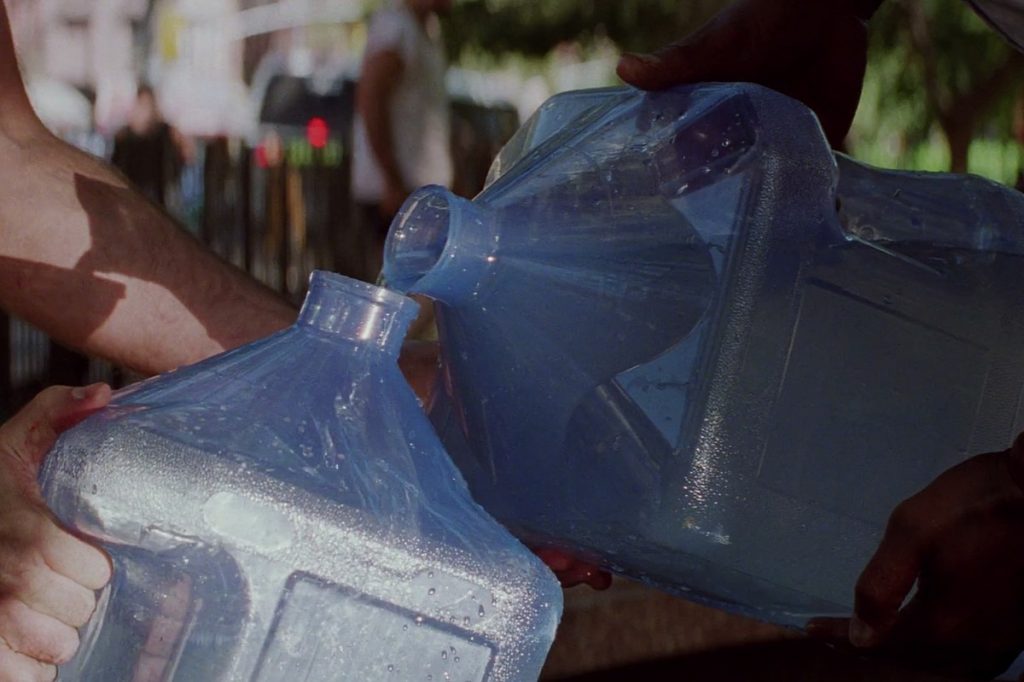
Pour is sometimes used when referring to something being rushed out in: People poured out of the stadium after they heard what sounded like a gunshot.
It’s also used when referring to the rain though:
- It’s really pouring out there isn’t it?
- I got caught in the downpour
Now onto Pore. This one has two meanings. As a noun, it relates to a tiny opening in the skin or a leaf, for perspiration. We use face cleanser to cleanse our pores.
As a verb, Pore relates to reading or studying something with great detail; usually a book. It is usually followed by the word ‘over’:
- I’m going to pore over these practice questions before the exam tomorrow
- The boys pored over the inappropriate magazine someone left in the common room.
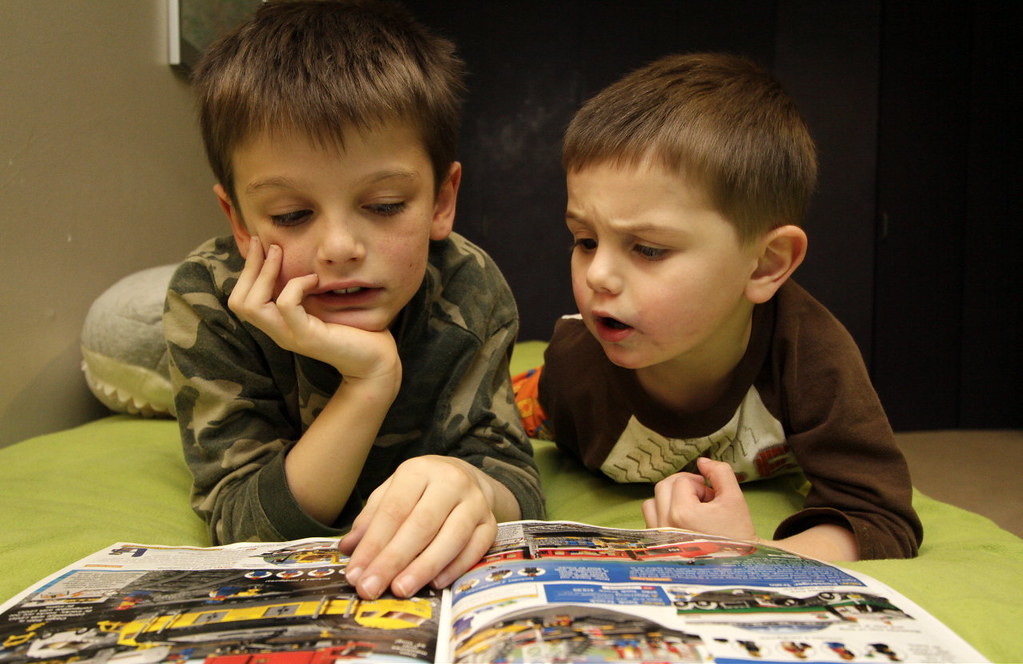
Let’s pause for a second and look at some incorrect examples:
- The classroom was silent: every one of the students was pouring over their study notes.
- It is absolutely poring outside!
- My friends and I pored out of the train because we didn’t want to be late.
- Your skin contains several pours.
Another two words that sound the same are poor and paw. You’d be less likely to confuse these but let’s briefly look at them anyway.
Poor has a few different meanings:
- It generally refers to someone who’s struggling financially: The movie The Pursuit of Happyness is about a poor family and their struggles
- It can also mean something that’s not very good: This essay you’ve submitted is fairly poor
- It can also be used to describe feelings of sympathy: Oh you’re not feeling well? You poor thing
- Lastly, it refers to something that is lacking: My job leaves me feeling very time poor.
With the first and last definition, the opposite of poor would be rich.
A paw is something animals have instead of hands and feet.
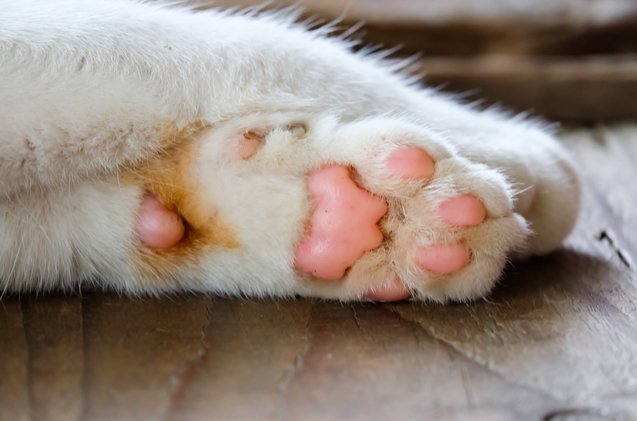
And then of course there’s a paw paw which is some kinda fruit. Okay, I’ll google it.
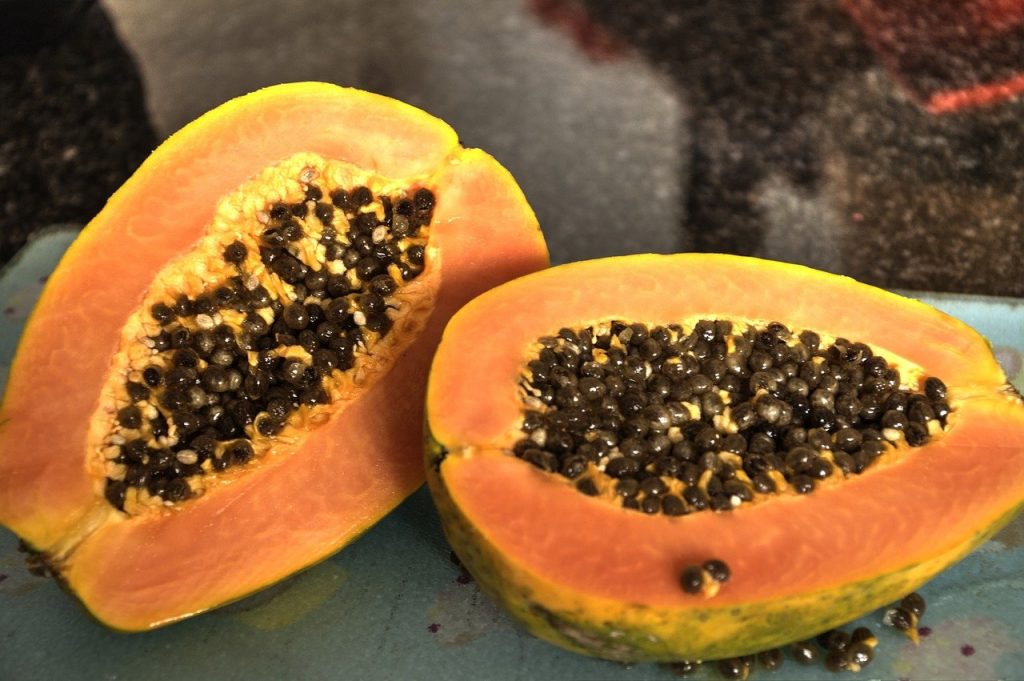
Moose, Mousse and Mouse
I can actually see (and hear) the confusion with these three! You have Moose and Mousse which are pronounced the same, and then you have Mousse and Mouse which look the same!
A moose is one of these

Whereas a mousse is a type of dessert, or, it can also be something you put in your hair to style it.
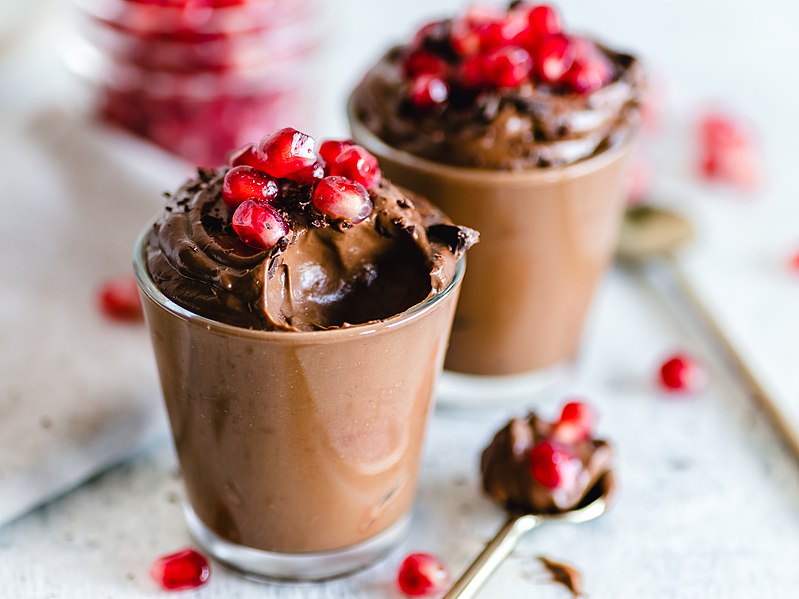
And then lastly, you have a mouse, which can either be a small rodent, or something you might use at your computer. For argument’s sake, let’s use an image which has both.

Let’s talk plurals:
- One moose – several moose. That’s right. It’s not mooses. I mean if you say mooses just to be silly then that’s probably acceptable. Kinda like sheeps. But keep it in your social circles, okay?
- One mousse – several mousses. This one is pretty regular.
- One mouse – several mice. That’s right, it’s not mouses, but, when referring to more than one computer mouse… Guess what? Either mice or mouses is acceptable! Whad’ya know?
Not so fun fact: I once went to a restaurant that had ‘Chocolate Mouse’ on the menu. Was it meant to say ‘Chocolate Mousse’ or do they give you a mouse-shaped chocolate? Probably the first one I’d say.
Chocolate Moose? No…. Mousse is the correct word here…
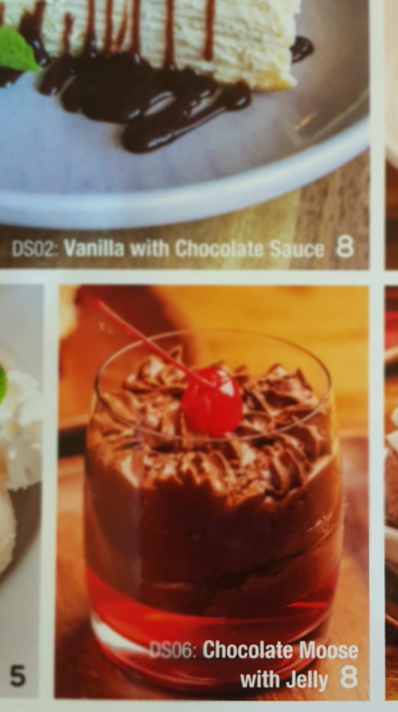
And that’s all for today. I hope you learned something. Don’t forget to share this article if you found it useful!
